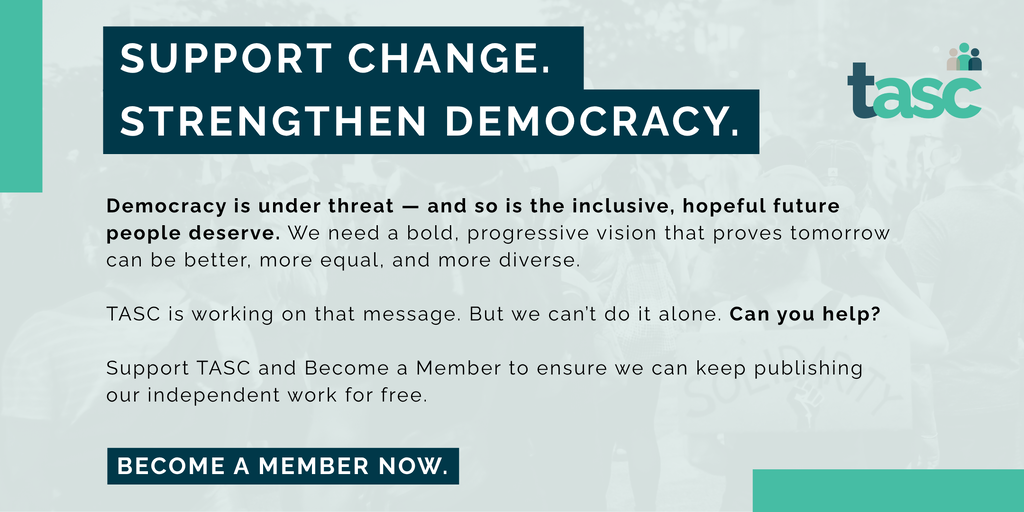Targetted tax breaks cost billions of euro and undermine efforts to reduce economic inequality

Tax breaks are costing the Exchequer billions of euros in foregone revenue each year, and many are undermining government efforts to reduce economic inequality, according to new analysis from TASC.
The expert report, The Problem with Tax Breaks, highlights the pressing need for any new tax reliefs to be introduced only after careful evaluation of their likely effectiveness as well as their overall impact in terms of equity.
The study provides an overview of existing and past tax expenditures – known as tax breaks, reliefs, privileges, or shelters – which cost an estimated €22.95 billion in foregone revenue 2014.
The report was prepared by Paul Sweeney, Chair of TASC’s Economists’ Network, and is published today as part of TASC’s occasional Think piece series. Its release comes as the Finance Bill, which implements tax measures introduced in Budget 2017, makes its way through Dáil Eireann.
The paper identifies 126 separate tax expenditures, but this in fact is an uncomplete list. In addition, there are a further 26 ‘undead’ tax reliefs – so called because while the particular tax exemption has been ended for new claimants, reliefs already granted still have some time to run. These zombie reliefs alone cost over a hundred million euros every year (€157m in 2014).
“While tax breaks are usually justified in terms of economic or social policy objectives, many of them have been actually introduced following intense lobbying by special interest groups,” says Mr Sweeney.
“All tax breaks cost the taxpayer money by reducing the income available to the State to fund infrastructure and vital public services. At worst, tax breaks that benefit business bring little or no actual benefit to their declared aim – yet they are a politically acceptable form of cash handouts to business. Because tax breaks shield so much of the income of the wealthy from tax, they undermine the effectiveness of the government’s efforts to reduce inequality. It is abundantly clear that tax breaks should only be introduced after explicit evaluation not only of their likely effectiveness but also of their overall equity impact.”
Key findings of the analysis include:
- All tax payers enjoy some tax breaks – from zero VAT on food, to personal tax credits for earners.
- Unlike the general tax breaks enjoyed by many, specialised tax breaks for wealthy individuals and corporations are often regressive, costly and ineffective.
- Once tax breaks are introduced, they tend to spread and some remain in place long after they have served their original function.
- Tax breaks tend to “diffuse” as lobbying makes them available to more and more so-called special cases.
“Most tax expenditures are legitimate and useful and many of the worst tax breaks have been abolished in recent years but more could and should be done,” said Prof James Wickham, TASC’s director.
“What is not usually appreciated is the extent to which tax exemptions often disproportionately benefit the better off. Curbing those exemptions or tax privileges would make the tax system more progressive. In this document we make a number of suggestions around taxation which could radically reduce inequality in Ireland overtime. Each action will have an impact on wealthy high income earners and companies, usually small, but in a few cases it might be profound. In those cases, like inheriting multimillion euro businesses and paying very little or no tax, the impact could be mitigated over time.”
Read the report, The Problem with Tax Breaks
Paul Sweeney is chair of TASC’s Economists’ Network. He has recently published two other papers on tax: “Tackling Tax Evasion, Avoidance and Tax Havens” and “An Examination of Tax Shifting and ‘Harmful’ Taxes” both published by ETUI in Europe. He also wrote “A Time for Ambition: Ensuring Prosperity through Investment”, published by TASC. TASC is an independently-funded progressive think tank. Mr Sweeney’s paper is part of TASC’s occasional ‘Thinkpiece’ series. For more information see www.tasc.ie
